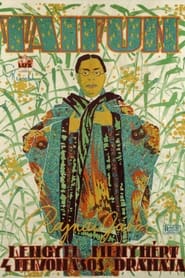detail profile g c3 a1bor rajnay
Peran Yang Di Mainkan Gábor Rajnay
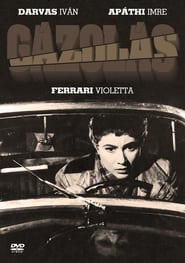 Judge Csandi Andrs makes a confession...
Judge Csandi Andrs makes a confession...Hit and Run 1955
Judge Csanádi András makes a confession to his boss one night: he fell in love with the pretty, modern driver woman, Zenthe Judit in a fencing room. The girl suddenly returned his feelings. One night she confessed to him crying: she hit someone. The case was assigned to Csanádi, who wanted to investigate the circumstances meticulously despite his feelings. Thus the so far hidden life of Judit, which is bound to the past former world and its values is now highlighted. He is confused, asks his boss to absolve him from the assignment, but refuses to do so. Csanádi realises in the court room: Judit kept on telling lies, she played the lover for her own interest. The judge passed his crisis, he will deliver a fair sentence.
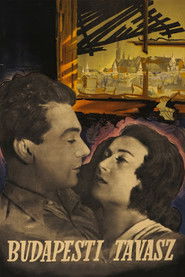 At Christmas Eve in 1944 the runaway...
At Christmas Eve in 1944 the runaway...Springtime in Budapest 1955
At Christmas Eve in 1944 the runaway Pintér and Gozsó get through the Soviet blockade around Budapest. Pintér intends to hide in a flat abandoned by his own relatives, but he finds his relatives called the Turnovszkys, who are hiding the Jewish Jutka as well. Love unfolds between Zoltán and Jutka.
 The story which takes place in...
The story which takes place in...Mrs. Déry 1951
The story, which takes place in the reform era, centres around Mrs. Déry, a legendary actress, who, along with her fellow actors and actresses, travels around the country to become the herald of the Hungarian language, performing in villages and towns up and down the land as strolling players, a woman who is not put off by the prospect of starvation and the dearth of a home to return to and security to live in.
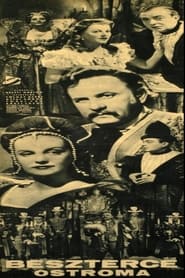 The film evokes count Pongrcz who...
The film evokes count Pongrcz who...The Siege of Beszterce 1948
The film evokes count Pongrácz, who, as late as the 19th century, managed to live a life, which reminds one of his medieval ancestor's values. He acts in defiance of the town by fighting his own battle against it, having been offended by the town.
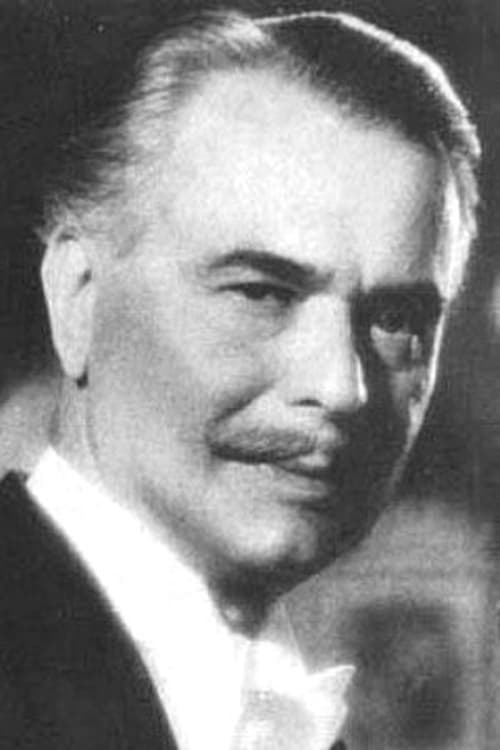
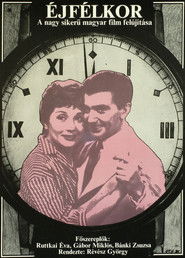 On New Years Eve in 1956 the...
On New Years Eve in 1956 the...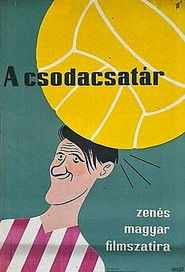 Cabinet crisis threatens in Futblia due...
Cabinet crisis threatens in Futblia due...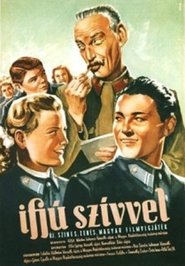 In the vocational school the professionally...
In the vocational school the professionally...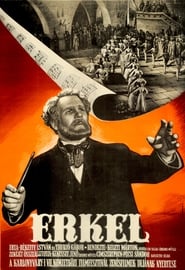
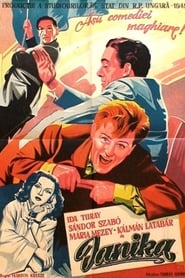
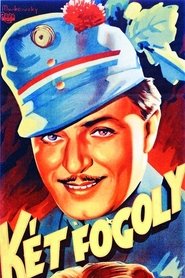 A Hungarian soldier is taken prisoner...
A Hungarian soldier is taken prisoner...